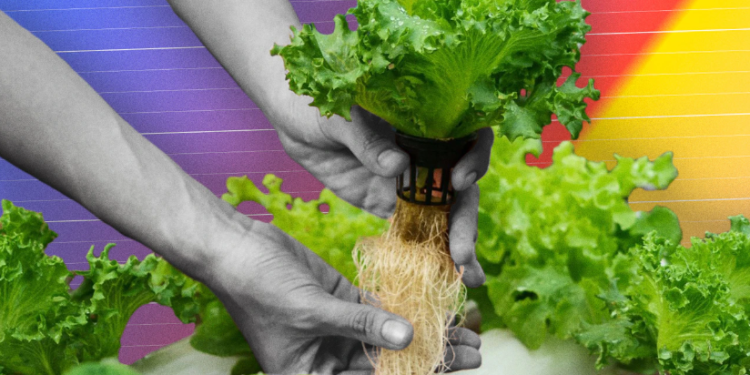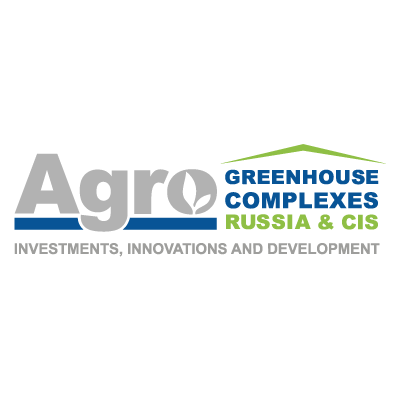#Agriculture #Greenhouses #SustainableFarming #LocalProduce #CarbonFootprint #Quebec #Hydroponics #FoodAutonomy #EnvironmentalSustainability
As consumers stand in grocery aisles, contemplating the origins of their produce, the choice to opt for locally grown, greenhouse-produced vegetables becomes increasingly appealing. Valerie Terrault, Director of Sales and Marketing at Cultures Gen V, emphasizes that greenhouse cultivation not only enhances the availability of Quebec-grown vegetables but also actively contributes to the province’s food autonomy.
The imperative for greenhouse expansion stems from a dual commitment to food independence and environmental sustainability. Quebec’s government, recognizing the prolonged winters and the need for self-sufficiency, initiated policies aimed at doubling greenhouse production within five years. This initiative aligns with efforts to increase Quebecers’ fruit and vegetable consumption, supported by organizations like the Quebec Association of Fruit and Vegetable Distribution (AQDFL).
André Mousseau, President of Quebec’s Greenhouse Growers, highlights the sector’s evolution towards sustainability. Many operations have transitioned from fossil fuels to biomass for heating, utilizing locally sourced plant residues for energy. Moreover, major greenhouse producers in Quebec have shifted towards electricity, optimizing resources from water to lighting, and even addressing light pollution concerns with advanced greenhouse coatings.
Hydroponic cultivation further enhances efficiency and sustainability, requiring 90% less water than conventional agriculture. Beyond reducing water usage, greenhouse farming facilitates year-round production while minimizing the impact of pests, diseases, and weather fluctuations.
In Quebec and globally, urban projects integrating hydroponics and greenhouse farming demonstrate the multifaceted benefits, from energy efficiency to community well-being.
Embracing locally grown, greenhouse-produced vegetables not only supports producers and consumers but also fosters a more sustainable future for agriculture and the planet.










